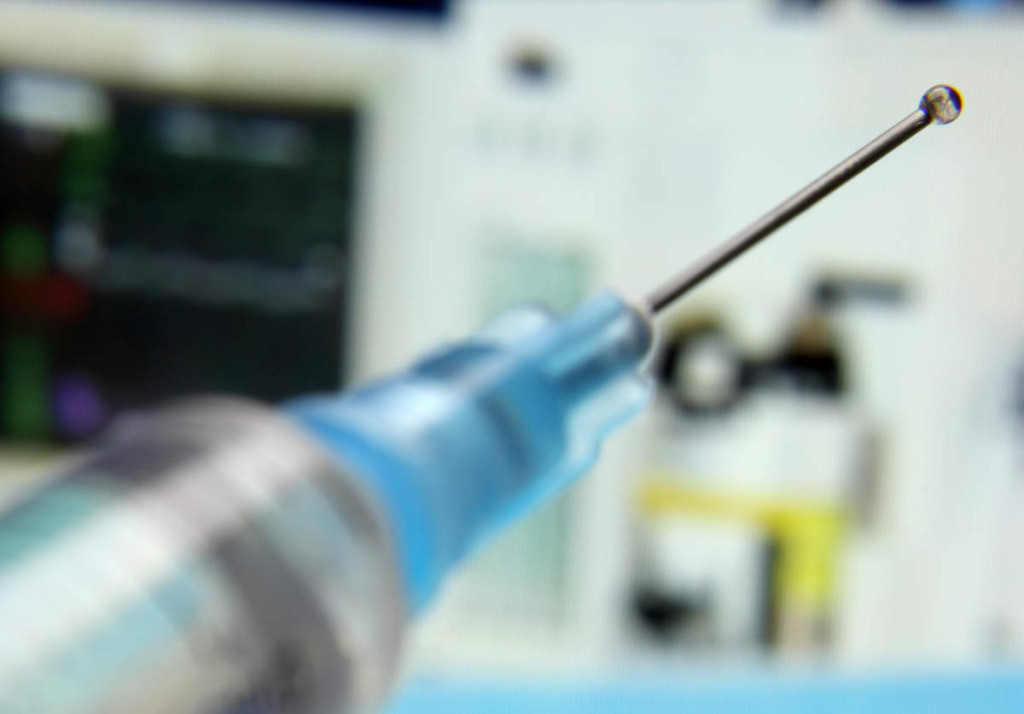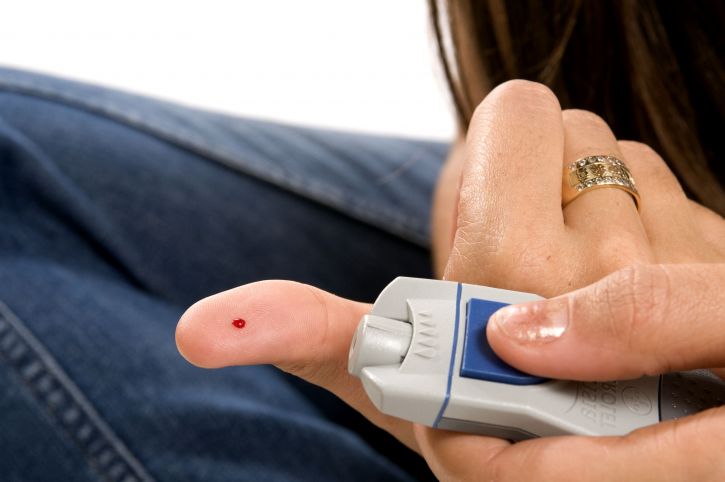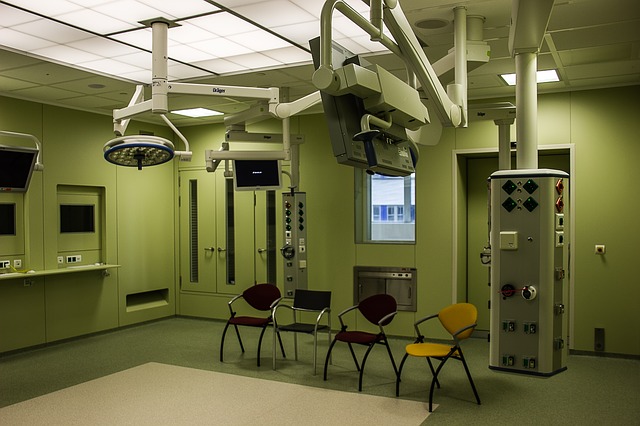The Future of Patient Self-Assessment Is Here
Oddly enough, it seems as though the medical community in the UK and throughout Europe seems to be more in tune with the needs of patients who are suffering from chronic conditions that need careful daily monitoring. Medical self-assessment devices are huge in the UK and even the NHS has become active in promoting their use in patient care. Will the United States catch up to what has become a growing trend in other areas of the world?
Perhaps the AMA will jump on the bandwagon to begin promoting ways in which patients can be proactive in their care, thereby saving the healthcare industry billions of dollars each and every year. It can be hoped and in the meantime, increasing numbers of doctors, clinics and hospitals all across the nation are seeking ways in which they can help patients live a better quality of life with the use of self-assessment devices. Here is some of what this technology has to offer.
The Ability to Monitor Symptoms in Real Time
In order to fully understand the benefits of self-assessment technology, it might be a good idea to take a look at diabetes. Patients currently monitor their blood sugar levels throughout the day and if they rise or fall beyond a healthy range are able to adjust insulin or dietary intake as needed. However, there are times when these levels rise or fall so rapidly that the patient has little time to react. There are now monitors on the market that continually measure, in real time, blood sugar levels in order to send out an alert so that the sufferer can take the needed action to correct levels in his or her body.
This type of device can send an alert via an alarm on a smartphone or from a wearable device. The patient responds immediately, perhaps avoiding such severe outcomes as a diabetic coma. Information is then transmitted to the physician who follows up immediately (or on the next visit) with the data submitted digitally. Not only can the physician react immediately but also has an electronic footprint to follow for future reference when prescribing a course of action.
Reducing Overbooking at the Clinic or Hospital
Doctors who regularly get ‘emergency’ calls from their patients are best served by patient self-assessment devices. In fact, many have come forward and have approached companies like DeviceLab to build a prototype of a device they ‘design’ to help meet patient needs. Medical device engineering is an up and coming field in terms of self-assessment equipment as increasing numbers of doctors begin to understand that real-time monitoring helps to eliminate the amount of time patients spend at the office. Routine office visits are reduced and patients can go on about their business knowing that their symptoms are being monitored.
It is time for doctors in the United States and throughout the world to take a proactive step in designing patient self-assessment tools to help them take a hand in their own care. Costs are kept lower, patients feel empowered with the ability to help track and treat their own conditions and over time, it is hoped that self-assessment technology can lead to better diagnostic methods which may one day lead to a cure. With real time monitoring of symptoms, each condition can be better understood and this is what is often lacking when seeking treatments and cures. Not only are patients given a more active role in their own treatment but the information being recorded might one day play a part in finding a cure.






